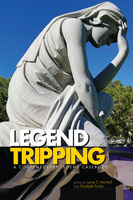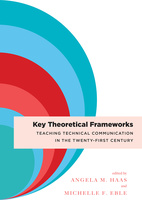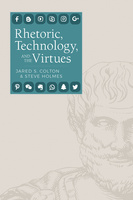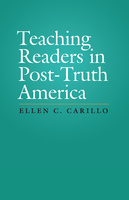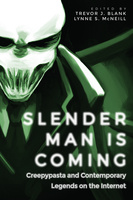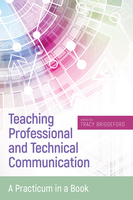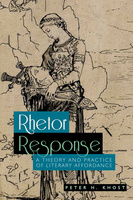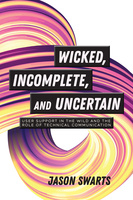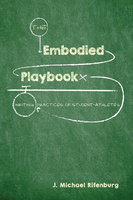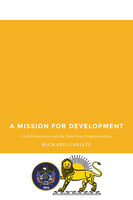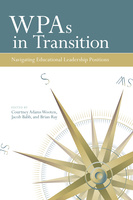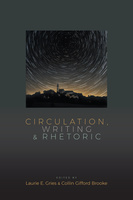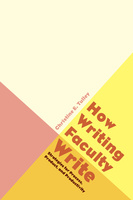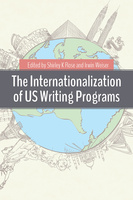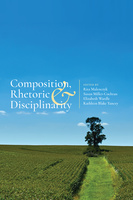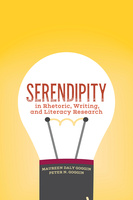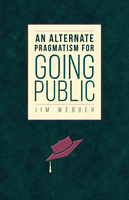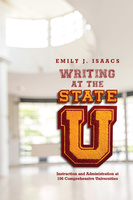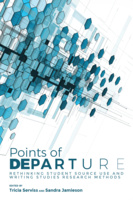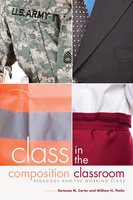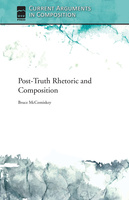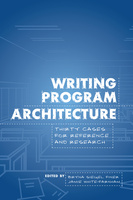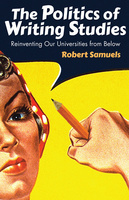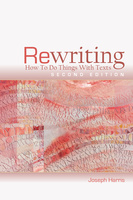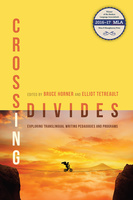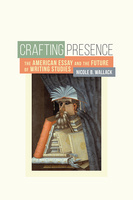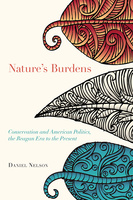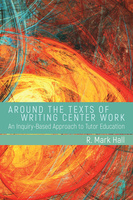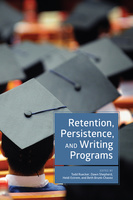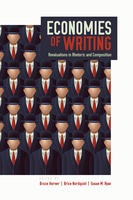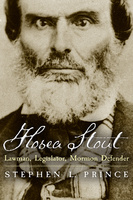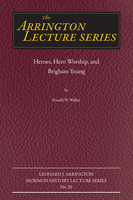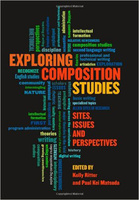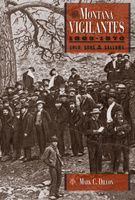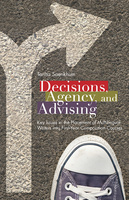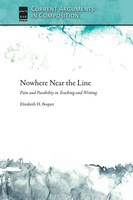Legend Tripping
A Contemporary Legend Casebook
Key Theoretical Frameworks
Teaching Technical Communication in the Twenty-First Century
Rhetoric, Technology, and the Virtues
Teaching Readers in Post-Truth America
Slender Man Is Coming
Creepypasta and Contemporary Legends on the Internet
Teaching Professional and Technical Communication
A Practicum in a Book
Rhetor Response
A Theory and Practice of Literary Affordance
Wicked, Incomplete, and Uncertain
User Support in the Wild and the Role of Technical Communication
The Embodied Playbook
Writing Practices of Student-Athletes
A Mission for Development
Utah Universities and the Point Four Program in Iran
Thinking Globally, Composing Locally
Rethinking Online Writing in the Age of the Global Internet
WPAs in Transition
Navigating Educational Leadership Positions
Circulation, Writing, and Rhetoric
How Writing Faculty Write
Strategies for Process, Product, and Productivity
Christine Tulley examines the composing processes of fifteen faculty leaders in the field of rhetoric and writing.
The Internationalization of US Writing Programs
Composition, Rhetoric, and Disciplinarity
Serendipity in Rhetoric, Writing, and Literacy Research
An Alternate Pragmatism for Going Public
Writing at the State U
Instruction and Administration at 106 Comprehensive Universities
Points of Departure
Rethinking Student Source Use and Writing Studies Research Methods
Class in the Composition Classroom
Pedagogy and the Working Class
Class in the Composition Classroom considers what college writing instructors should know about their working-class students—their backgrounds, experiences, identities, learning styles, and skills—in order to support them in the classroom, across campus, and beyond. In this volume, contributors explore the nuanced and complex meaning of “working class” and the particular values these college writers bring to the classroom.
Inventing the World Grant University
Chinese International Students’ Mobilities, Literacies, and Identities
Post-Truth Rhetoric and Composition
Writing Program Architecture
Thirty Cases for Reference and Research
The Politics of Writing Studies
Reinventing Our Universities from Below
A friendly critique of the field, The Politics of Writing Studies examines a set of recent pivotal texts in composition to show how writing scholarship, in an effort to improve disciplinary prestige and garner institutional resources, inadvertently reproduces structures of inequality within American higher education. Not only does this enable the exploitation of contingent faculty, but it also puts writing studies—a field that inherently challenges many institutional hierarchies—in a debased institutional position and at odds with itself.
Rewriting
How to Do Things with Texts, Second Edition
Crossing Divides
Exploring Translingual Writing Pedagogies and Programs
Crafting Presence
The American Essay and the Future of Writing Studies
Nature's Burdens
Conservation and American Politics, The Reagan Era to the Present
Around the Texts of Writing Center Work
An Inquiry-Based Approach to Tutor Education
Retention, Persistence, and Writing Programs
From scholars working in a variety of institutional and geographic contexts and with a wide range of student populations, Retention, Persistence, and Writing Programsoffers perspectives on how first-year writing can support or hinder students’ transitions to college. The contributors present individual and program case studies, surveys of thousands of students, a wealth of institutional retention data, and critical policy analysis.

